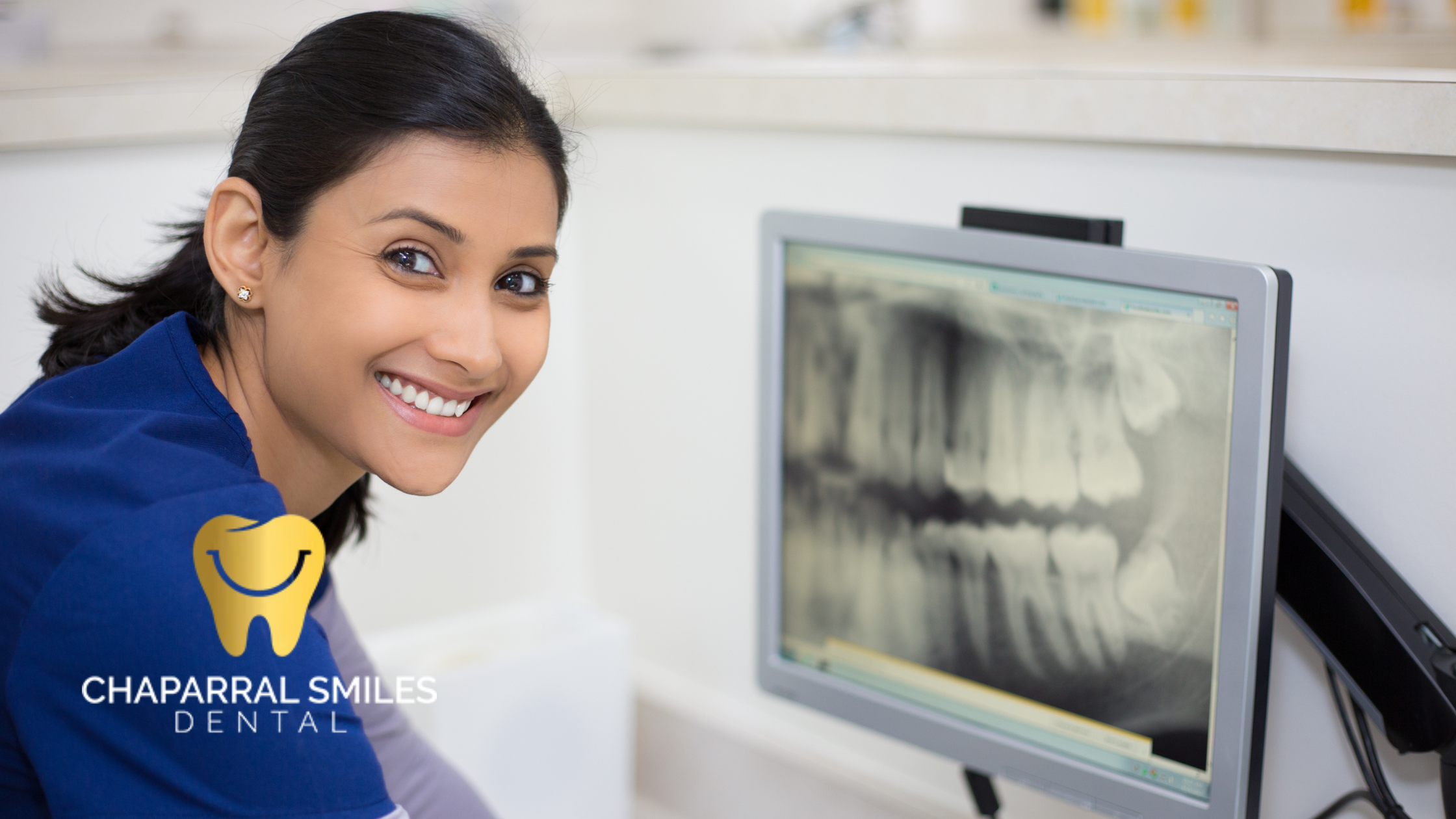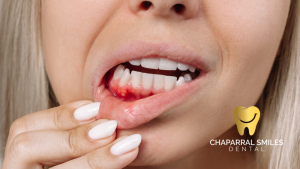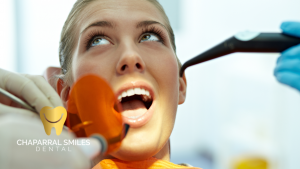Psychological well-being is closely linked to your oral health, and correcting dental misalignment can vastly improve both. When your teeth are misaligned, it can lead to feelings of self-consciousness and low self-esteem.
By addressing these issues, you not only enhance your smile but also boost your confidence. This transformation can reduce anxiety, improve social interactions, and even promote a more positive self-image.
You may be surprised at how much your mental health can benefit simply by focusing on your dental alignment.
Key Takeaways:
- Improved self-esteem: Correcting dental misalignment can enhance one’s appearance, leading to greater confidence and a more positive self-image.
- Enhanced oral health: Realigning teeth aids in better oral hygiene practices and can reduce the risk of dental issues such as cavities and gum disease.
- Positive social interactions: A better smile can facilitate more comfortable and fulfilling social interactions, as individuals may feel more inclined to engage with others when they are satisfied with their teeth.
Understanding Dental Misalignment
The alignment of your teeth plays a significant role in both your oral health and appearance. Dental misalignment occurs when teeth do not fit together correctly, leading to a range of aesthetic and functional issues.
It can result from various factors such as genetics, childhood habits, or injury. Understanding the nuances of dental misalignment is important for recognizing its impact on your mental well-being and overall health.
Common Types of Dental Misalignment
The following are some common types of dental misalignment:
- Overbite: When the upper front teeth overlap significantly over the lower teeth.
- Underbite: Where the lower teeth extend beyond the upper teeth.
- Crossbite: Results when some upper teeth sit inside the lower teeth.
- Open bite: Characterized by a gap between the upper and lower teeth when biting down.
- Crowding: Occurs when teeth are too close together or overlap.
After identifying your misalignment type, you can consider appropriate corrective measures to restore your smile.
| Type of Misalignment | Description |
| Overbite | Upper teeth overlap lower teeth excessively. |
| Underbite | Lower teeth protrude beyond the upper teeth. |
| Crossbite | Upper teeth fall inside lower teeth. |
| Open Bite | Gap remains when biting down. |
| Crowding | Teeth are too close together. |
Consequences of Untreated Misalignment
To overlook dental misalignment can lead to an array of complications. You may experience issues such as difficulty chewing, increased wear on your teeth, and jaw pain.
Untreated misalignment can also affect your confidence and self-esteem, impacting social interactions. Seeking professional advice can help you identify effective treatment options and improve your oral health.
Misalignment can result in significant challenges for you, both physically and emotionally. If left untreated, you may encounter a host of issues, including tooth decay due to improper cleaning, jaw discomfort, headaches, and potential risks for TMJ disorders.
Moreover, aesthetics play a critical role; a misaligned smile can affect your self-image and lead to social anxiety. Taking proactive steps now can help you avoid these negative outcomes and promote a healthier, more confident you.
Psychological Impact of Dental Appearance
If you’ve ever felt self-conscious about your smile, you’re not alone. Dental appearance plays a significant role in how you perceive yourself and interact with others.
Straight, well-aligned teeth can foster a positive self-image, promoting feelings of attractiveness and acceptance. Conversely, misalignment may lead to a negative self-perception and anxiety in social situations.
The way your teeth look extends beyond aesthetics; it’s integral to your psychological health.
Self-Esteem and Confidence
Any improvement in your dental alignment can lead to a remarkable boost in your self-esteem and confidence. The simple act of smiling can transform your outlook on life when you feel good about your teeth.
This newfound confidence encourages you to engage in social activities, express yourself freely, and pursue opportunities without the burden of self-doubt.
Social Interactions and Relationships
Above all, a positive dental appearance enhances your social interactions and relationships. When you feel confident in your smile, you are more likely to engage with others, initiating conversations and forming connections.
The way you present yourself can significantly influence how others perceive you, often leading to better personal and professional relationships. Strong social bonds can be built on the foundation of feeling comfortable in your own skin.
Even slight improvements in your dental alignment can open up new avenues for interaction. People often respond positively to a genuine smile, which can create a welcoming atmosphere during social gatherings or professional settings.
When you feel confident about your dental appearance, it translates to a more approachable demeanor, encouraging others to engage with you. This can lead to stronger friendships, enhanced networking opportunities, and improved romantic relationships, as you’re likely to appear more open and trustworthy.
Investing in your dental health can therefore enhance not only your smile but also your overall quality of life and social experiences.
The Role of Orthodontics in Mental Health
Once again, the connection between dental alignment and mental well-being reveals itself through orthodontics. Seeking orthodontic treatment can significantly enhance your overall mental health, as a well-aligned smile boosts confidence and self-esteem.
When you are satisfied with your appearance, it directly influences your interactions and relationships with others, leading to a positive feedback loop that fosters psychological wellness.
How Treatment Improves Self-Perception
Mental health often hinges on how you perceive yourself, and orthodontics can be a game changer. As your smile improves through treatment, you may find yourself more open to social interactions, feeling more confident in personal and professional scenarios.
The newfound assurance in your smile can dramatically alter the way you engage with the world, leading to enriched experiences.
Long-term Psychological Benefits
About orthodontic treatment’s lasting effects, you may discover enduring improvements in your mental health. The positive shift in self-image instills long-term confidence that can influence multiple aspects of your life.
Consequently, as you embrace your newly aligned smile, you may experience a significant boost in self-esteem that transcends mere aesthetics. This evolution in your self-perception can lead to improved social interactions and opportunities, affecting both your personal and professional life positively.
The benefits of orthodontics extend beyond the treatment phase; individuals often report enduring mental health improvements, such as reduced anxiety and increased resilience. Over time, you can cultivate a more optimistic outlook on life, further enhancing your overall quality of life.
Case Studies: Transformations Through Treatment
After examining a variety of case studies, the psychological benefits of correcting dental misalignment become even clearer. Here are some revealing transformations:
- Case 1: 24-year-old patient reported a 50% increase in self-esteem after orthodontic treatment.
- Case 2: 30-year-old individual experienced a 30% boost in social interaction and confidence following alignment correction.
- Case 3: A teenager’s academic performance improved by 20% after feeling more confident in their smile.
- Case 4: Adult patient noted a reduction in anxiety levels by 40%, leading to better job performance.
Personal Testimonies
With countless stories from individuals who have undergone dental alignments, the personal experiences shared highlight profound changes. Many express newfound confidence, with some stating they now smile more often, engage more readily in social settings, and feel empowered at work.
These testimonials are testimonials to the transformative power of a healthy smile.
Statistical Evidence of Improvement
Evidence indicates significant psychological improvements post-treatment for dental misalignment. Surveys show that over 85% of patients reported enhanced self-esteem and reduced social anxiety after alignment procedures.
Personal accounts and research corroborate that correcting dental misalignment can deliver substantial psychological gains. A study found that approximately 75% of participants felt more socially confident, while about 90% noted improvements in their overall mood.
These shifts aren’t just correlated with aesthetic changes but also reflect higher levels of overall happiness and better interpersonal relationships, showing the broad impact of achieving a healthy smile.
Overcoming Barriers to Treatment
Now that you’ve recognized the importance of correcting dental misalignment, it’s necessary to address common barriers that may hinder your path to treatment. Fear, misconceptions, and financial concerns can all play a role.
By arming yourself with the right information and seeking appropriate support, you can overcome these obstacles and take significant steps towards enhancing your oral health and overall well-being.
Addressing Myths and Misconceptions
About dental misalignment, many myths may deter you from seeking necessary treatment. You might think braces are only for kids or that they’re purely cosmetic.
In reality, correcting misalignment can lead to healthier teeth and prevent serious issues like gum disease, jaw pain, and tooth wear. Understanding the truths behind these assumptions can empower you to pursue the care you need.
Financial and Accessibility Considerations
On the topic of cost and accessibility, many people feel intimidated by potential expenses tied to dental treatments. However, various financing options, insurance plans, and payment plans can significantly ease your financial burden.
Seeking out dental programs in your area may also provide you with affordable solutions.
Treatment for dental misalignment doesn’t have to be financially overwhelming. Many dentists offer flexible payment plans or sliding scale fees based on your income.
Additionally, dental insurance may cover a portion of the treatment costs. Utilizing your benefits effectively can alleviate some of the financial stress.
Furthermore, community dental clinics often provide affordable solutions. Therefore, it’s important to investigate these options in your local area to ensure that you can access the necessary care without breaking the bank.
Seeking Professional Help
Many individuals underestimate the importance of consulting a dental professional for correcting misalignment. Engaging with an experienced orthodontist or dentist can significantly improve your dental health and boost your confidence.
They will assess your unique situation and recommend appropriate treatment options tailored to your needs, ensuring that you achieve optimal results and a healthier smile.
Choosing the Right Practitioner
Among the various dental specialists available, selecting the right practitioner is crucial for effective treatment. Look for professionals with reputable qualifications and experience in orthodontics.
Reading reviews and obtaining referrals from friends or family can help you find a practitioner who understands your goals and provides personalized care.
Importance of Customized Treatment Plans
After deciding to seek professional help, it’s important to prioritize personalized approaches when it comes to dental treatment. Customized treatment plans enable you to address your specific misalignment issues effectively.
Professional assessments will consider your unique dental structure, treatment preferences, and lifestyle, which is crucial for a successful outcome. Customized plans can incorporate diverse methods, such as braces or aligners, tailored to your specific needs and preferences.
This approach helps minimize discomfort, reduces treatment time, and ensures that your journey toward a healthier smile is both effective and satisfactory. By focusing on your individual requirements, you can achieve results that align with your aesthetic goals and dental health.
Summing up
On the whole, addressing dental misalignment not only enhances your smile but also contributes significantly to your psychological well-being. Improved aesthetics can bolster your self-esteem and confidence, making social interactions more enjoyable.
Additionally, proper alignment often leads to better oral health, reducing discomfort and stress associated with dental issues. By prioritizing your dental alignment, you are investing in both your physical and mental health, ultimately paving the way for a more fulfilling life.
Ready to transform your smile and boost your confidence? Visit Chaparral Smiles Dental today to explore personalized treatment options that support both your dental health and psychological well-being.





